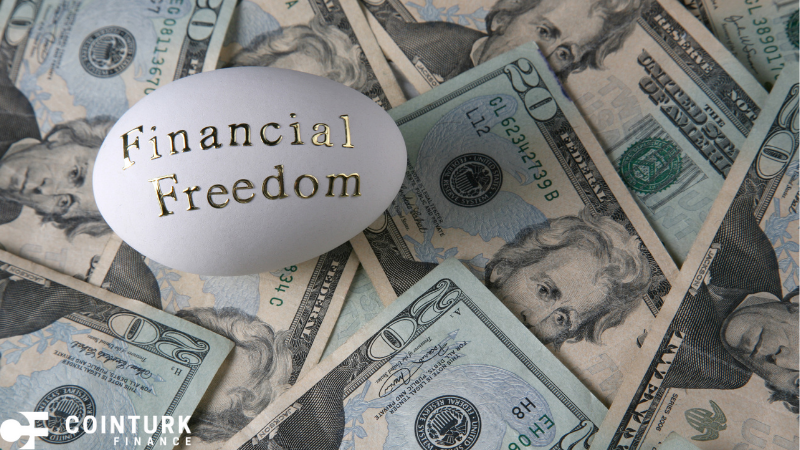In recent developments, inflation has notably influenced consumer behavior in the United States, with many people rethinking their spending habits. This economic pressure has led to a decrease in purchases from popular fast food and coffee chains such as McDonald’s and Starbucks (NASDAQ:SBUX), as well as reduced consumption of branded packaged foods like Chips Ahoy cookies. With the cost of living increasing, individuals are finding themselves needing to either cut costs in various areas of their daily spending or find additional sources of income to sustain their standard of living.
The situation has been particularly challenging for those who have a preference for certain luxuries like daily coffee from popular chains, which have seen a significant rise in prices. A Tall Mocha from Starbucks, for instance, now costs $5.25, a price not easily affordable on a regular basis for many amidst climbing inflation rates. This scenario has prompted consumers to either decrease their frequency of these purchases or seek alternative financial solutions such as investing in dividend stocks to generate passive income.
Historical Comparison
In the past, market trends have shown that during periods of inflation, consumers tend to shift towards more budget-friendly or value-based products, often at the expense of premium brands. This shift is evident in the current economic climate where the demand for luxury items and non-essential goods is diminishing in favor of more affordable alternatives. The financial strain has pushed consumers to either adapt their budgets or explore different avenues like the stock market to supplement their income.
Investment Opportunities in Dividend Stocks
For those exploring the investment route, platforms like 24/7 Wall St. have highlighted groups of dividend stocks that promise returns capable of supplementing consumers’ income. Investments in high-yield dividend stocks can potentially cover the costs of small luxuries, such as the daily Tall Mocha, thus allowing consumers to enjoy their preferred products without compromising their budgets. An investment of $5,000 in certain stocks could yield over $250 monthly, demonstrating a practical approach to managing personal finance in challenging economic times.
Key Inferences
- A $5,000 investment can generate significant monthly returns, easing budget constraints.
- Dividend stocks are a feasible option for maintaining lifestyle choices amidst rising costs.
- Investments can provide both solutions to inflationary pressures and potential financial growth.
The current economic conditions have prompted a necessary re-evaluation of spending habits. While some consumers have directly cut down on expenditures like dining out and premium food products, others have turned to the stock market to find relief. By investing in high-yield dividend stocks, individuals can generate a steady stream of passive income, which helps balance the scales of increased living costs and personal indulgences like daily coffee treats.
This strategic adjustment not only aids in managing current financial pressures but also sets a foundation for continuing to enjoy preferred luxuries without financial strain. Such financial maneuvers exemplify adaptive strategies that blend short-term solutions with long-term financial planning. It’s a testament to the resilience and ingenuity of consumers facing economic challenges.










